EDUCATIONAL PsychologICAL services
#ReachingOutIsAStrength
Coaching, Counseling, Assessments, Psychological Services, Employee Assistance Programs, and Professional Training Programs for all Ages
Educational Psychological Services
Educational psychology is a branch of psychology that focuses on the study of how people learn and develop within an educational setting. Educational psychologists apply theories and research from psychology to design and implement educational programs, interventions, and services.
Educational psychology services refer to a range of psychological services that are designed to support learning and development in educational contexts. These services are suitable for students, teachers, parents, and other stakeholders involved in the educational process.

Including:
Psychoeducational assessments: These assessments are used to evaluate an individual’s cognitive, academic, and behavioral functioning, and can provide valuable information about their strengths as well as challenges in educational context. The results of these assessments can be used to develop educational plans and interventions that are tailored to fit the needs of the client.
Behavioral interventions: Educational psychologists may work with teachers, parents, and other stakeholders to develop and implement behavioral interventions that address challenging behaviors and promote positive behavior change.
Learning support: Educational psychologists may provide support to students who are struggling with learning difficulties, such as dyslexia, attention-deficit/hyperactivity disorder (ADHD), and other conditions that impact the ability to learn.
Counseling and mental health services: Educational psychologists may also provide counseling and mental health services to students who are experiencing mental health concerns that are impacting their ability to learn and succeed in school.
Teacher training and support: Educational psychologists may work with teachers and other educators to provide training and support on topics such as classroom management, differentiated instruction, and other strategies to support student’s learning and development.
Including:
Psychoeducational assessments: These assessments are used to evaluate an individual’s cognitive, academic, and behavioral functioning, and can provide valuable information about their strengths and challenges within educational settings. The results of these assessments can be used to develop tailored educational plans and interventions.
Behavioral interventions: Educational psychologists may work with teachers, parents, and other stakeholders to develop and implement behavioral interventions that address challenging behaviors and promote positive behavior change.
Learning support: Educational psychologists may provide support to students who are struggling with learning difficulties, such as dyslexia, attention-deficit/hyperactivity disorder (ADHD), and other conditions that impact learning.
Counseling and mental health services: Educational psychologists may provide counseling and mental health services to students who are experiencing mental health concerns that impact their ability to learn and succeed in school.
Teacher training and support: Educational psychologists may work with teachers and other educators to provide training and support on topics such as classroom management, differentiated instruction, and other strategies to support student learning and development.
Questions?
Ready?
Follow Us

